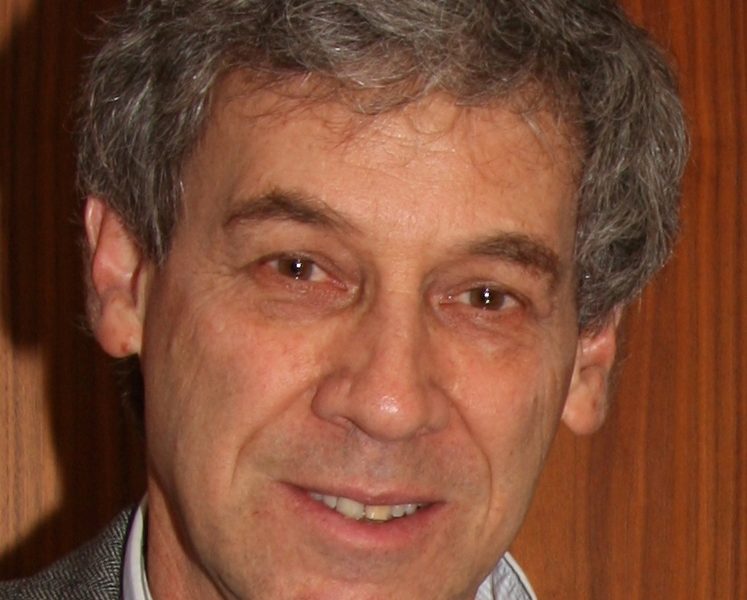News
How is it dictators receive peace prizes
While South Africans have been preoccupied lately about Guptagate and the future of the country in which a liberation movement leader – President Jacob Zuma – has become a betrayer of the struggle for a democratic country, the bizarre antics of another African liberation movement leader in our northern neighbour should give us pause.

Geoff Sifrin
Zimbabwean President Robert Mugabe, 92, has led the country since independence in 1980, his rule characterised by violent land seizures, economic decline, mass emigration and systematic human rights abuses.
Zimbabwe is a foreboding symbol for South Africans of the direction in which our country should never go. Yet the world of realpolitik is governed by different forces.
On Monday, Mugabe was warmly received by Japanese Prime Minister Shinzo Abe, although the United States and European countries have imposed sanctions on Zimbabwe for human rights violations. He was visiting Japan for the fourth time as president.
The Japanese leader said he wanted to work with Mugabe to help with Japan’s push to reform the UN Security Council. He called him an esteemed African elder. Not surprising to some analysts, since Mugabe even chaired the African Union in 2015 – to the chagrin of human rights activists.
In October 2015, China awarded Mugabe the Confucius Peace Prize, which was set up in 2010 as a Chinese alternative to the Nobel Peace Prize. This happened after the Norwegian Nobel committee gave its peace prize to the jailed Chinese dissident writer Liu Xiaobo, enraging Chinese leaders who had jailed him for co-writing a pro-democracy manifesto. At the time of the Confucius award, the Chinese President referred to Mugabe as a renowned African liberation leader and an “old friend” of the Chinese people. Previous winners of the Confucius Prize include Vladimir Putin and Fidel Castro. Mugabe, however, was reported to have declined to follow up on the award.The title “1984” was given by satirical author George Orwell in 1949 to his iconic book about doublespeak – the crazy world of Big Brother in which peace means war, freedom means slavery, love means hate, and other inversions deriving from politicians’ machinations. But he might just as well have called it 2016, so contradictory is the world these days.
Qiao Damo, chairman of the Confucius award committee, said he supported recognising Mugabe’s achievements: “If Zimbabwe did not have Mugabe as its president, the country would be facing great difficulty…”
We live in a strange world, where a peace prize is given to the despot of Zimbabwe and the world’s most powerful countries warmly welcome him. It is not that Japan and China are regarded as rogue regimes, however, beyond the pale of decent diplomacy. On the contrary, they are respected members of the international community with excellent relations with virtually the entire world, including Israel.
When Dore Gold, DG of Israel’s foreign ministry visited South Africa last month, he boasted to a Jewish community gathering in Sandton that Israel was developing closer ties with both China and Japan, thus disproving allegations that it was becoming isolated internationally due the activities of BDS and its policies towards the Palestinians. South Africa, too, has amicable relations with both countries.
While Guptagate has caused embarrassment and anger among South Africans at the failure of the country’s first black government to govern properly, the fact that there is such a furore across the spectrum about Zuma’s corruption and self-enriching shenanigans should give us satisfaction. The uproar proves that the determination of South Africans for building a free, prosperous, non-racial country remains intact, despite the setbacks.
Also, the fact that it has been exposed by our vigorous free press to all and sundry, is cause for celebration. This could not have happened in Zimbabwe, which still stands as a portent for where we don’t want to go.
•
Read Geoff Sifrin’s regular columns on his blog sifrintakingissue.wordpress.com
nat cheiman
March 30, 2016 at 12:25 pm
‘The chairman of the Confucius award committee says that \”if Zimbabwe did not have Mugabe as president, it would be facing great difficulty \”.
Really? ‘